Faculty of Communication and Media Studies (UiTM) to Host the Young Humanitarian Journalists Competition 2021
The Faculty of Communication and Media Studies (FCMS), Universiti Teknologi MARA together with the International Committee of the Red Cross (ICRC) successfully hosted an online digital storytelling workshop via Cisco Webex recently with the theme of storytelling and its role in changing the minds and shifting the paradigms of people.
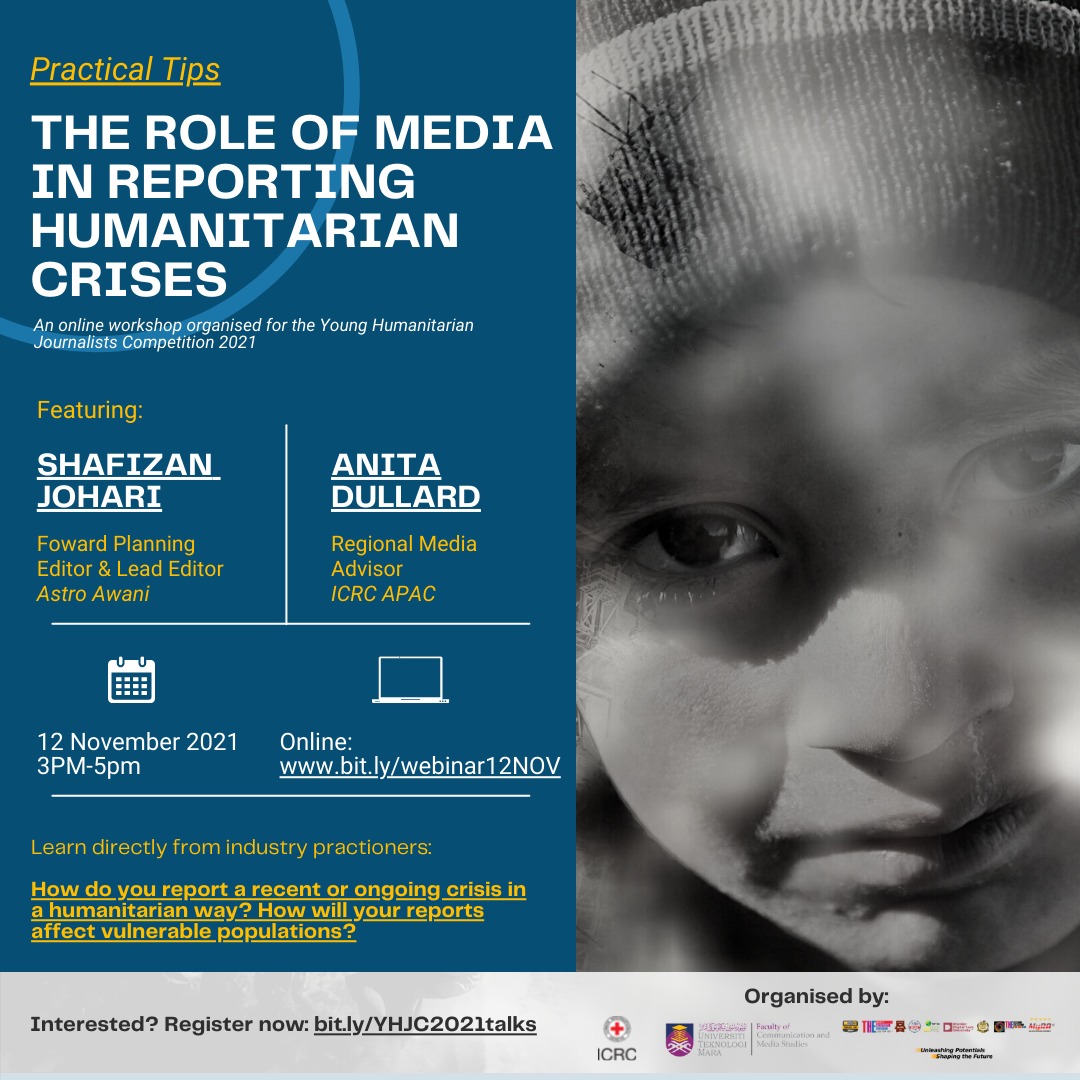
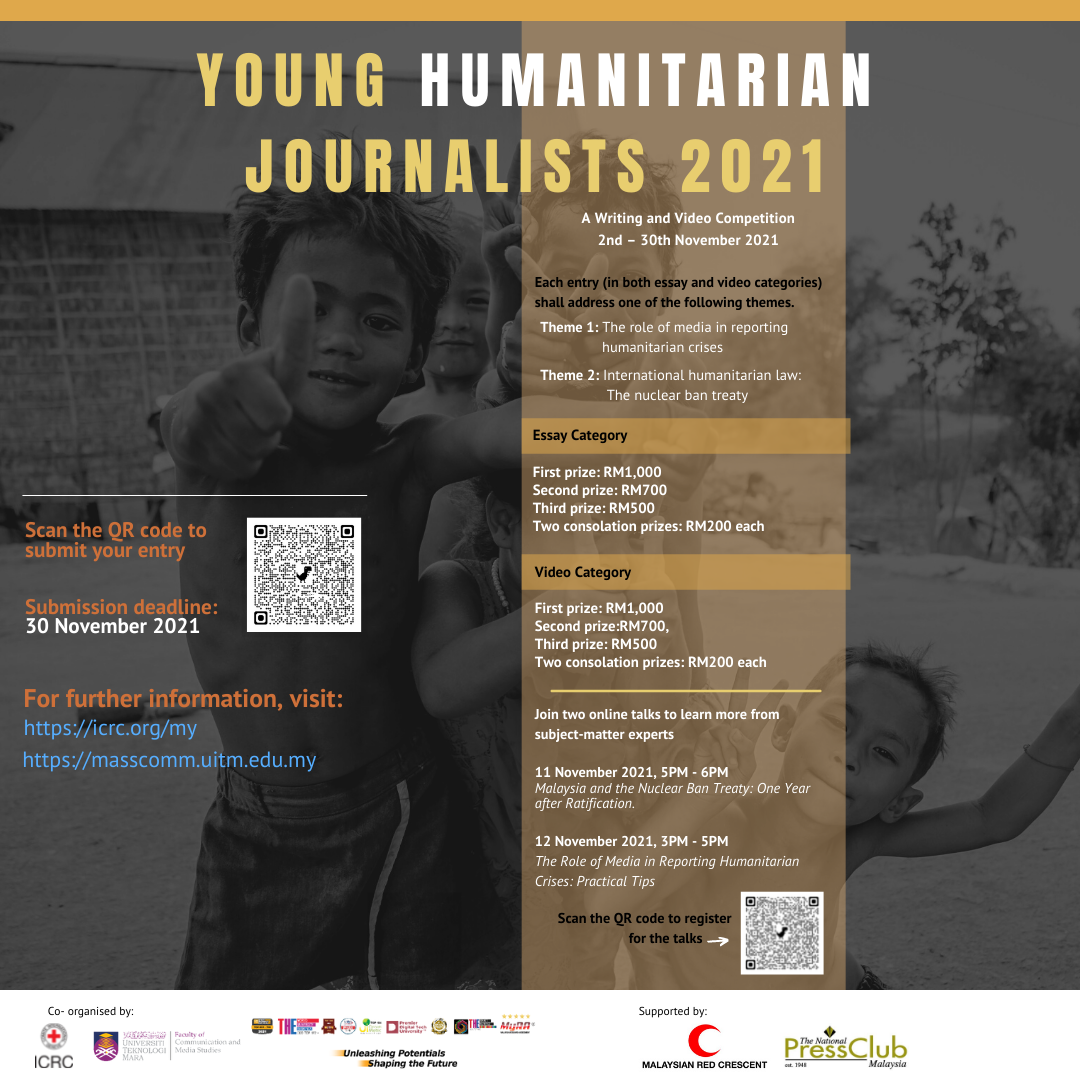
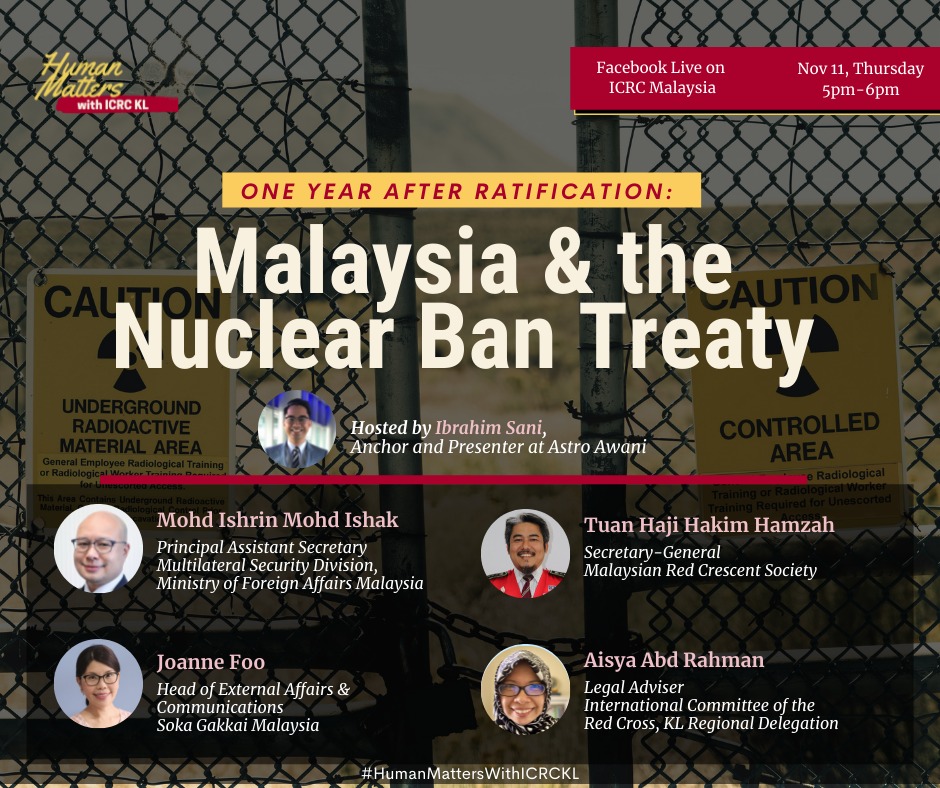
The National Press Club (NPC) was also in attendance and extended their support in the form of training and on-the-ground experience. Two prominent media practitioners, Shafizan Johari, the Forward Planning Editor and Lead Editor at Astro Awani, alongside with Anita Dullard, the Regional Media Advisor of the ICRC Bangkok, shared their expertise and practical tips on The Role of Media in Reporting Humanitarian Crises.
Over 80 participants took part in the online workshop. Mrs. Clara Chooi, the Head of Communications and Public Affairs of ICRC, emphasised that the Young Humanitarian Journalists Competition 2021 is designed to advocate the young writers to continue writing and influence the hearts and minds of not just Malaysians, but billions of people all over the world. Mrs. Clara Chooi also remarked that journalists and authors can help spread the word about vulnerability and this competition assisted in sending the impactful message on humanitarian issues among the millennials through their entries.


Associate Professor Dr. Massila Hamzah, Dean, Faculty of Communication and Media Studies, in her opening speech, expressed her gratitude that the ICRC provides a platform and opportunity for youth to discover their potential. Such collaboration with ICRC should be seen as an added-value, industry driven experience, for the faculty and students, in realising UiTM's vision of becoming a globally renowned University (GRU) in 2025.
The first speaker, Anita Dullard in her session noted that from ICRC's standpoint, the Role of Media is divided into five (5) categories. The first role is to ensure that reporters' reports or their outcomes do not endanger individuals or communities, meanwhile the second role is that information as aid is to provide people affected during crises to make good decisions. Empathy is the third role of media as it is paramount for journalist to show concern for others regardless how physically or culturally distant we are from each other.
The fourth category is influence where it is especially crucial to raise the alarm so that individuals and communities are not endangered and the finally, misinformation and disinformation, where the ability to identifying and correcting erroneous or inaccurate content that may cause harm.


Shahrizan Johari, the second speaker, discussed on humanitarian reporting as a branch of journalism dedicated to covering circumstances that jeopardise the health, safety, security, or well-being of a community or other large group of people. He highlighted some of the three types of humanitarian crises that are normally covered by the media, namely health-related humanitarian crises, natural catastrophes, and complex emergencies. He also discussed the standard of journalistic ethical principle and also elaborated on the seven different styles of storytelling with the audiences. Overall, it was interactive workshop with Shahrizan where quizzes were sparingly added in between his session where lucky audiences won books at the end of his session.
Overall, the online workshop was informative and beneficial for the audiences to comprehensively understand the role of the media in humanitarian crisis reporting.
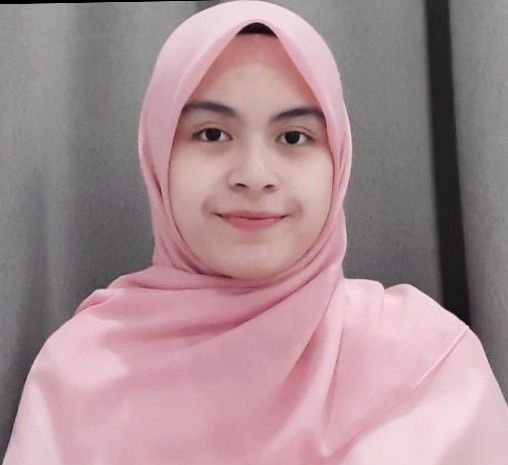
3rd Place - Nur Adriana Mohd Azman, Part 4, MC241

Consolation Prize - Muhammad Fuad Mohd Nizam, Semester 4, MC241
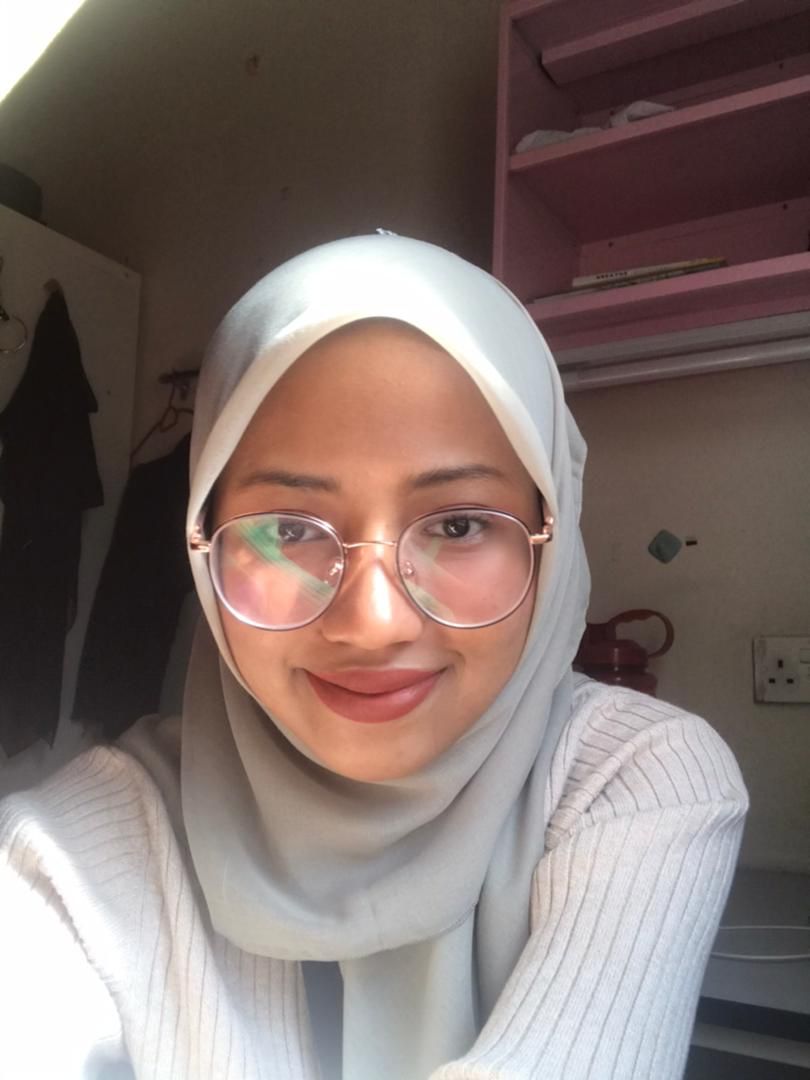
Consolation Prize - Nurul Izzati Zaidi, Semester 4, MC241





